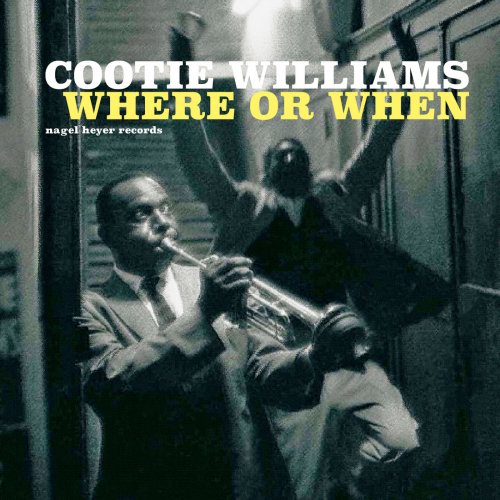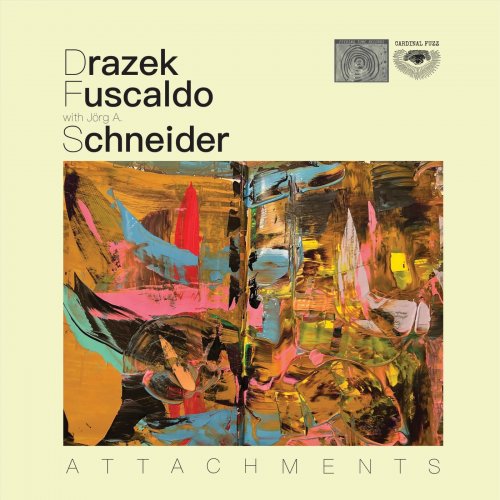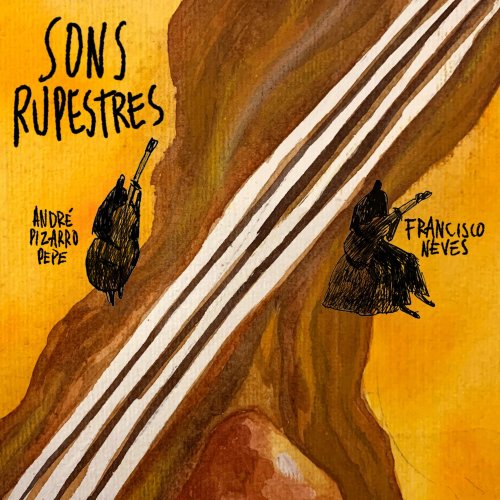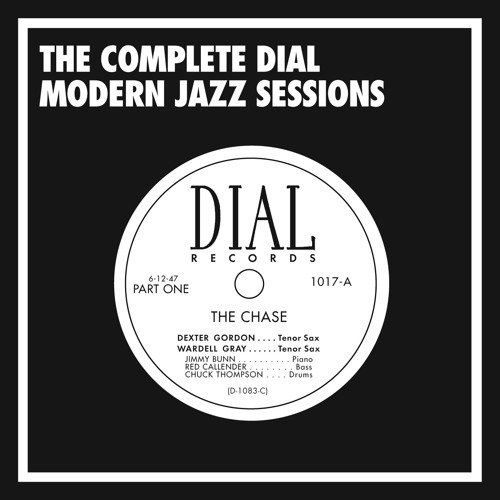Cootie Williams - Where or When (2018)

Artist: Cootie Williams
Title: Where or When
Year Of Release: 2018
Label: nagel heyer records
Genre: Jazz, Blues, R&B
Quality: FLAC (tracks) / MP3
Total Time: 1:37:37
Total Size: 607 / 227 MB
WebSite: Album Preview
Tracklist:Title: Where or When
Year Of Release: 2018
Label: nagel heyer records
Genre: Jazz, Blues, R&B
Quality: FLAC (tracks) / MP3
Total Time: 1:37:37
Total Size: 607 / 227 MB
WebSite: Album Preview
01. My Old Flame
02. On the Street Where You Live
03. I'll See You in My Dreams
04. Just in Time
05. I Knew You When
06. It Don't Mean a Thing
07. I Got It Bad and That Ain't Good
08. Summit Ridge Drive
09. Don't Get Around Much Anymore
10. Always
11. Nevertheless, I'm in Love with You
12. Mack the Knife
13. Walkin' My Baby Back Home
14. When the Saints Go Marching In
15. Contrasts
16. Caravan
17. If I Could Be with You One Hour Tonight
18. New Concerto for Cootie
19. There's No You
20. I Gotta Right to Sing the Blues
21. I've Found a New Baby
22. Do Nothing Till You Hear from Me
23. Air Mail Special
24. When Your Lover Has Gone
25. Swingin' Down the Lane
26. Blue Skies
27. Drop Me off in Harlem
Cootie Williams, one of the finest trumpeters of the 1930s, expanded upon the role originally formed by Bubber Miley with Duke Ellington's Orchestra. Renowned for his work with the plunger mute, Cootie was also a fine soloist when playing open. Starting as a teenager, Cootie Williams played with a variety of local bands in the South, coming to New York with Alonzo Ross' Syncopators. He played for a short time with the orchestras of Chick Webb and Fletcher Henderson (recording with the latter), before joining Duke Ellington as Miley's replacement in February 1929. He was a fixture with Duke's band during the next 11 years, not only recording many classics with Ellington (including "Echoes of Harlem" and "Concerto for Cootie"), but leading some of his own sessions and recording with Lionel Hampton, Teddy Wilson, and Billie Holiday, in addition to being a guest at Benny Goodman's Carnegie Hall Concert in 1938. His decision to leave Ellington and join Goodman's orchestra in 1940 was considered a major event in the jazz world. During his year with B.G., Williams was well-featured with both the big band and Goodman's sextet. The following year he became a bandleader, heading his own orchestra which, at times in the 1940s, featured such up-and-coming players as pianist Bud Powell, tenorman Eddie "Lockjaw" Davis, altoist/singer Eddie "Cleanhead" Vinson, and even Charlie Parker.
Although he had a hit (thanks to Willis Jackson's honking tenor) on "Gator," by 1948 Cootie had cut his group back to a sextet. Playing R&B-oriented music, he worked steadily at the Savoy, but by the 1950s was drifting into obscurity. However, in 1962, after a 22-year absence, Cootie Williams rejoined Duke Ellington, staying even beyond Duke's death in 1974 as a featured soloist. By then his solos were much simpler and more primitive than earlier (gone was the Louis Armstrong-inspired bravado), but Cootie remained the master with the plunger mute. He was semi-retired during his final decade, taking a final solo in 1978 on a Teresa Brewer record, and posthumously serving as an inspiration for Wynton Marsalis' own plunger playing. ~ Scott Yanow
Although he had a hit (thanks to Willis Jackson's honking tenor) on "Gator," by 1948 Cootie had cut his group back to a sextet. Playing R&B-oriented music, he worked steadily at the Savoy, but by the 1950s was drifting into obscurity. However, in 1962, after a 22-year absence, Cootie Williams rejoined Duke Ellington, staying even beyond Duke's death in 1974 as a featured soloist. By then his solos were much simpler and more primitive than earlier (gone was the Louis Armstrong-inspired bravado), but Cootie remained the master with the plunger mute. He was semi-retired during his final decade, taking a final solo in 1978 on a Teresa Brewer record, and posthumously serving as an inspiration for Wynton Marsalis' own plunger playing. ~ Scott Yanow



![Clifton Chenier - Squeezebox Boogie (1999) [Hi-Res] Clifton Chenier - Squeezebox Boogie (1999) [Hi-Res]](https://img.israbox.com/img/2025-12/20/cmlfho2wfdjon4pewnwrm16l7.jpg)

![The Mood Mosaic - Acid Maestro (Morricone's Cosmic Funk Legacy) (2025) [Hi-Res] The Mood Mosaic - Acid Maestro (Morricone's Cosmic Funk Legacy) (2025) [Hi-Res]](https://www.dibpic.com/uploads/posts/2025-12/1766134708_dkymenaq6pxqa_600.jpg)
![Noé Sécula - A Sphere Between Other Obsessions (2025) [Hi-Res] Noé Sécula - A Sphere Between Other Obsessions (2025) [Hi-Res]](https://www.dibpic.com/uploads/posts/2025-12/1766108017_sej880ryk23va_600.jpg)

![Bobby Meckam - Trumpet and Jazz in Strings (1981/2025) [Hi-Res] Bobby Meckam - Trumpet and Jazz in Strings (1981/2025) [Hi-Res]](https://www.dibpic.com/uploads/posts/2025-12/1766062047_cover.jpg)